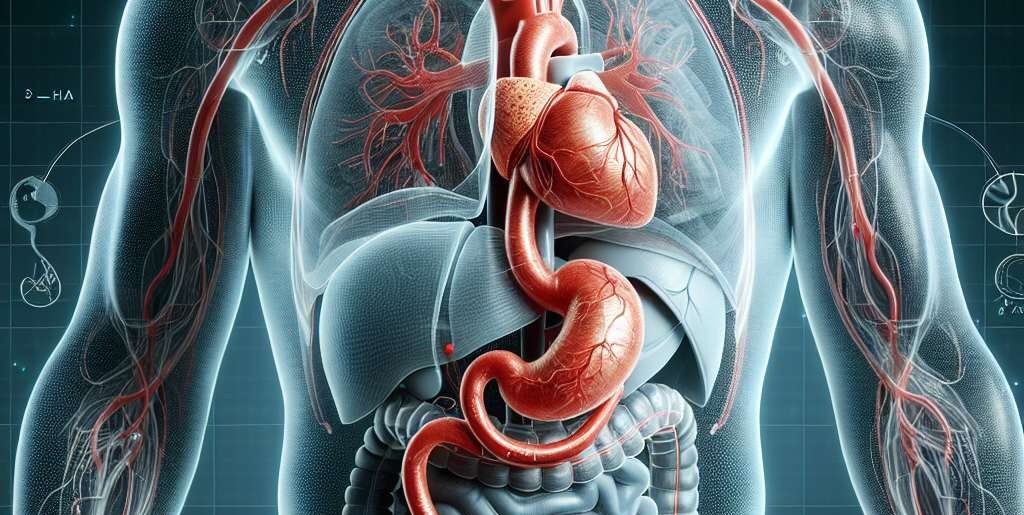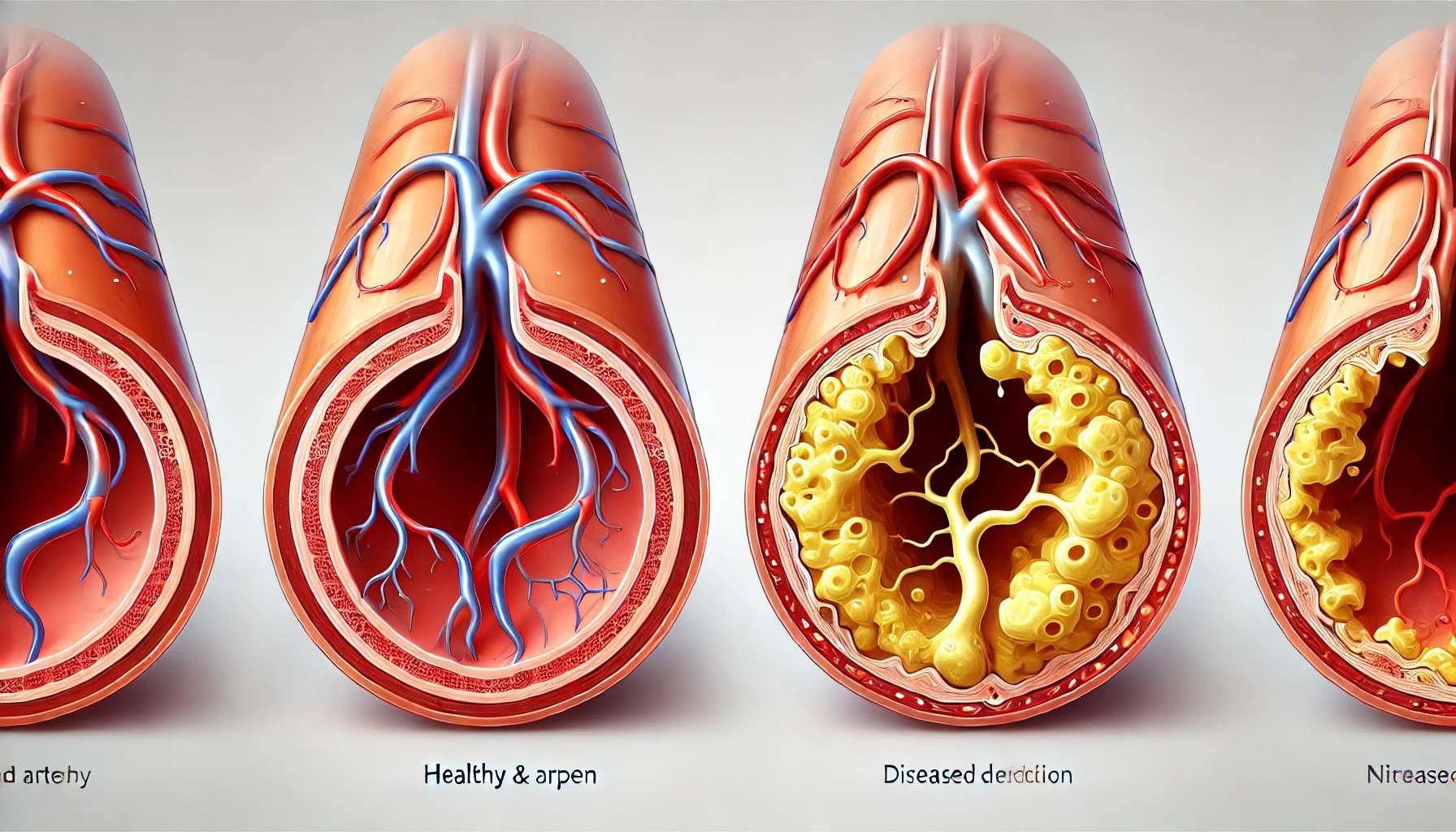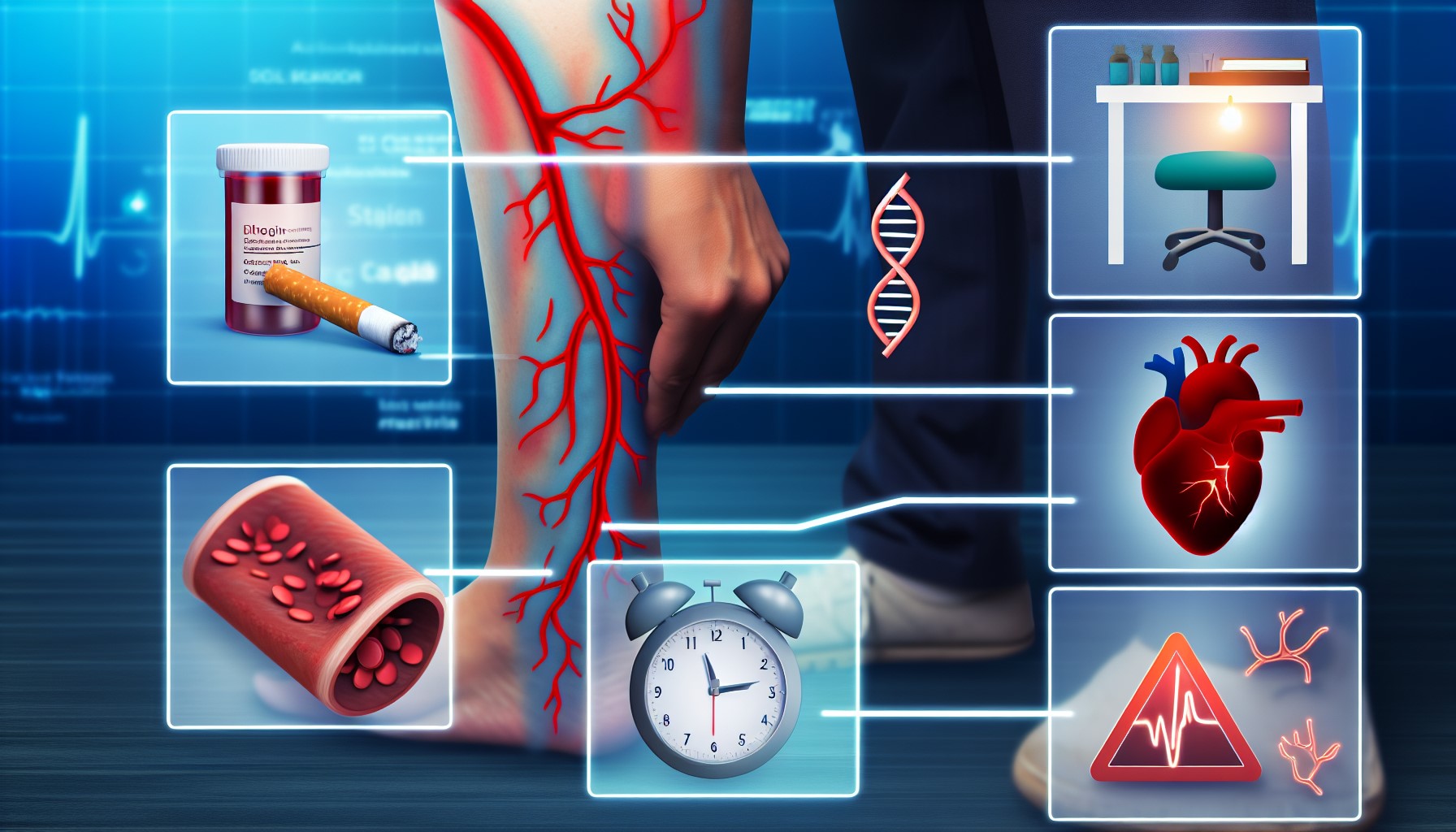Ad Blocker Detected
Our website is made possible by displaying online advertisements to our visitors. Please consider supporting us by disabling your ad blocker.
A stroke—imagine it like a rogue lightning strike in the brain—swoops in without warning, disrupting the intricate web of blood flow your mind depends on. It’s an emergency, plain and simple, but one with a baffling mix of outcomes. Whether caused by a blocked vessel (ischemic) or one that decides to burst (hemorrhagic), the result is the same: oxygen-deprived brain cells waving the white flag. Recognizing the chaos early, knowing your odds, and gearing up for prevention are how you stay ahead of this merciless thief of health.
What is Stroke Anyway?
Calling stroke “complex” feels like saying fire is “hot.” It shatters routines, rewires the brain, and leaves no two survivors the same. It’s all about where—like real estate, location is everything.
- Ischemic Stroke: The common culprit, starring blood clots clogging vital pathways—think of it as rush-hour gridlock in your arteries. A full 87% of strokes fall into this category, and it doesn’t play favorites.
- Hemorrhagic Stroke: This one’s messier—vessels rupture, bleeding sneaks in. High blood pressure or those tiny aneurysms (think weak spots waiting for their moment) often take the blame.
From whispers of a problem to life-altering consequences, a stroke’s effects vary wildly:
- Physical Hurdles: Imagine trying to stand, but half your body decides it’s off-duty. Balance? Speech? Good luck with those.
- Cognitive Confusion: Forgetting why you walked into a room is small potatoes compared to what stroke survivors might face.
- Sensory Chaos: Sudden blind spots or tingling that feels like static across your skin.
- Emotional Roller Coasters: Depression, rage, or just plain exhaustion. Because why stop at physical challenges when mental ones make it spicier?
Spotting a Stroke: Blink and You’ll Miss It
You’d think a brain crisis would be flashy, but no—it’s often subtle, slipping in with quiet but damning signs:
- Sudden weakness in your face or limbs, usually on one side—like gravity’s taken a grudge out on half of you.
- A sudden brain fog, speech slurred or stolen altogether.
- Out-of-nowhere vision problems—like a switch flipped off.
- Dizziness that turns the world into a carnival ride you never asked for.
- Headaches that redefine pain—like a thunderclap decided to settle in your skull.
When in doubt? Dial emergency services immediately—time’s not on your side.
Risk Factors: The Usual Suspects
Ah, the parade of villains. Some you can tame, others you just learn to live with:
- High blood pressure: The silent killer, sneakily eroding your vessels over years.
- Smoking: Because why not double the risk with every puff?
- Diabetes: As if managing blood sugar wasn’t enough, it tags on stroke risk too.
- Age and Genetics: You can’t fight time or family history—but knowing they’re out to get you is half the battle.
- Race and Gender: Stats show differences, but strokes don’t discriminate—they’ll hit anyone.
Fighting Back: Treatments & Life Beyond Stroke
Once the clock starts ticking, it’s a race against time.
- Medications: Blood thinners, clot-busters, and meds to stabilize pressure—all tools in the arsenal.
- Surgery: Sometimes the only option is manual intervention—fixing ruptures or easing pressure in the brain.
- Rehab: The road back isn’t smooth. Physical therapy, speech retraining, counseling—whatever it takes to claw back independence.
Prevention: Because an Ounce Beats a Ton
Skip the drama altogether by tackling risk factors head-on:
- Keep blood pressure in check—invest in that home monitor already.
- Quit smoking, ditch the excuses, and watch your arteries thank you.
- Move more. Eat better. Sleep smarter. Repeat until it sticks.
- Manage diabetes and keep cholesterol levels from creeping up like uninvited houseguests.
Wrapping It Up
Strokes don’t just steal—they rob futures, independence, and time. But knowledge? That’s your shield. Recognize the warning signs, treat risk factors like enemies, and you just might dodge this brain-busting bullet.
Share what you know—because prevention spreads faster than recovery.
(Disclaimer: This isn’t a substitute for medical advice. Consult a professional for any health concerns.)





